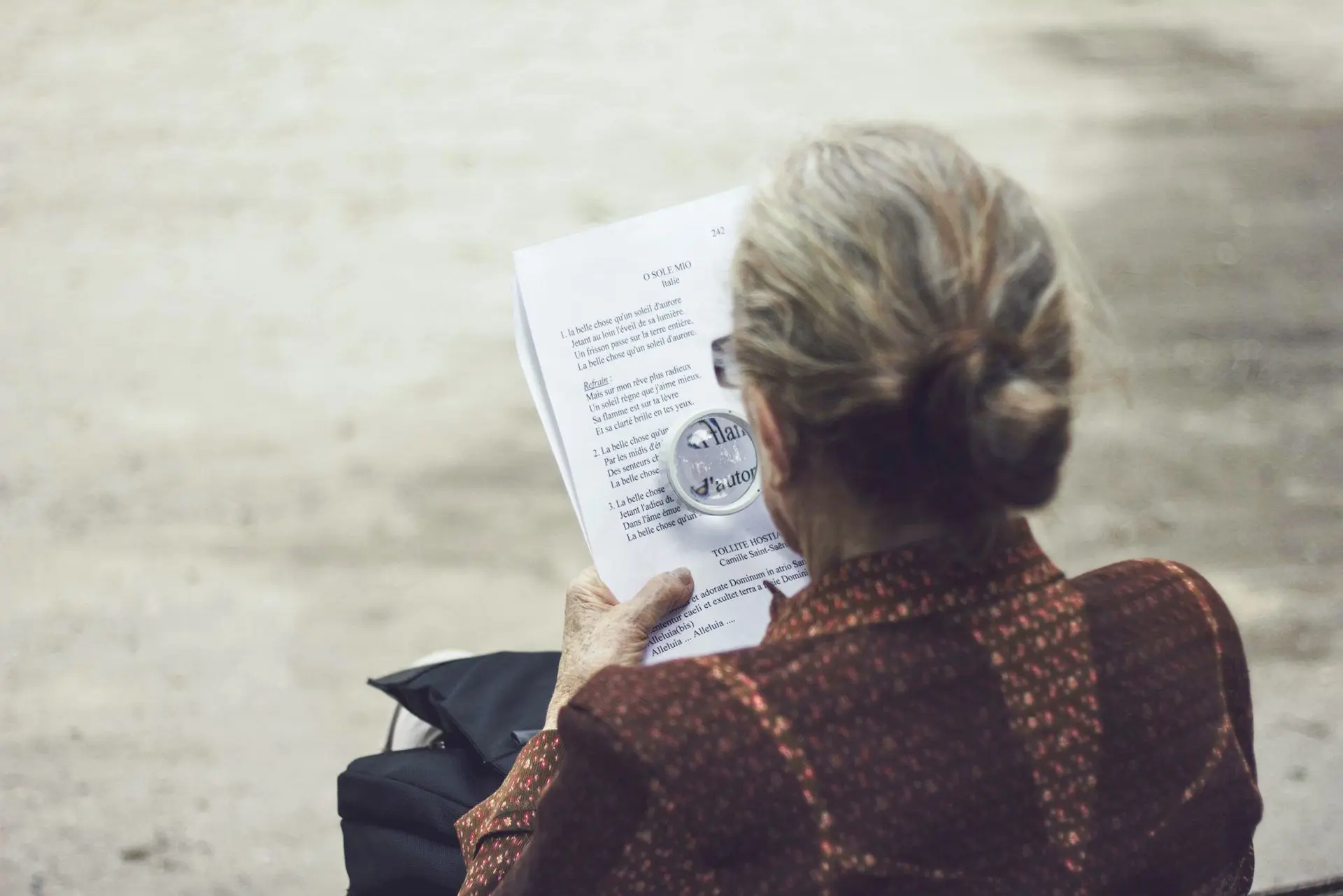Nootropics and Aging: Can They Help Protect the Brain from Cognitive Decline?
Nootropics and Aging: Can They Help Protect the Brain from Cognitive Decline?
As the global population ages, concerns about cognitive decline and age-related brain diseases like Alzheimer's and dementia are becoming increasingly common. Many people are seeking ways to maintain their mental acuity and cognitive function. One potential solution is the use of nootropics, a class of substances that may enhance cognitive performance. In this article, we'll explore the potential of nootropics in protecting the brain from cognitive decline as we age, addressing frequently asked questions and examining the latest research.
What are nootropics?
Nootropics, also known as "smart drugs" or "cognitive enhancers," are substances that are thought to improve cognitive function, particularly executive functions like memory, creativity, and motivation. They can be natural or synthetic and include a wide range of substances, from caffeine and L-theanine to prescription medications like modafinil.
How do nootropics work?
The mechanisms by which nootropics work vary depending on the specific substance, but they generally act on neurotransmitter systems in the brain, such as dopamine, acetylcholine, and glutamate. Some nootropics work by increasing the levels of these neurotransmitters, while others enhance their signaling or promote neurogenesis (the growth of new neurons).
Can nootropics help prevent cognitive decline?
There is growing evidence that certain nootropics may help protect the brain from age-related cognitive decline. For example:
- Bacopa monnieri is an herb that has been shown to improve memory and cognitive function in older adults, potentially by reducing oxidative stress and promoting neurogenesis.
- Ginkgo biloba is another plant extract with neuroprotective effects, which may improve blood flow to the brain and combat oxidative stress.
- Lion's mane mushroom contains compounds that stimulate nerve growth factor production, which may help protect against cognitive decline.
However, more research is needed to confirm these findings and determine the long-term effects and safety of these substances.
Are nootropics safe?
The safety of nootropics depends on the specific substance and the dose. Some nootropics, like caffeine and L-theanine, are generally considered safe when used in moderation. However, other substances, particularly prescription medications, can have side effects and may interact with other medications. It's important to consult with a healthcare professional before starting any new supplement or medication, especially if you have existing health conditions or are taking other medications.
Conclusion
While there is growing evidence that nootropics may help protect the brain from age-related cognitive decline, more research is needed to confirm these findings and establish the long-term safety and efficacy of these substances. If you're considering using nootropics, it's important to consult with a healthcare professional to determine the best course of action for your individual needs.
